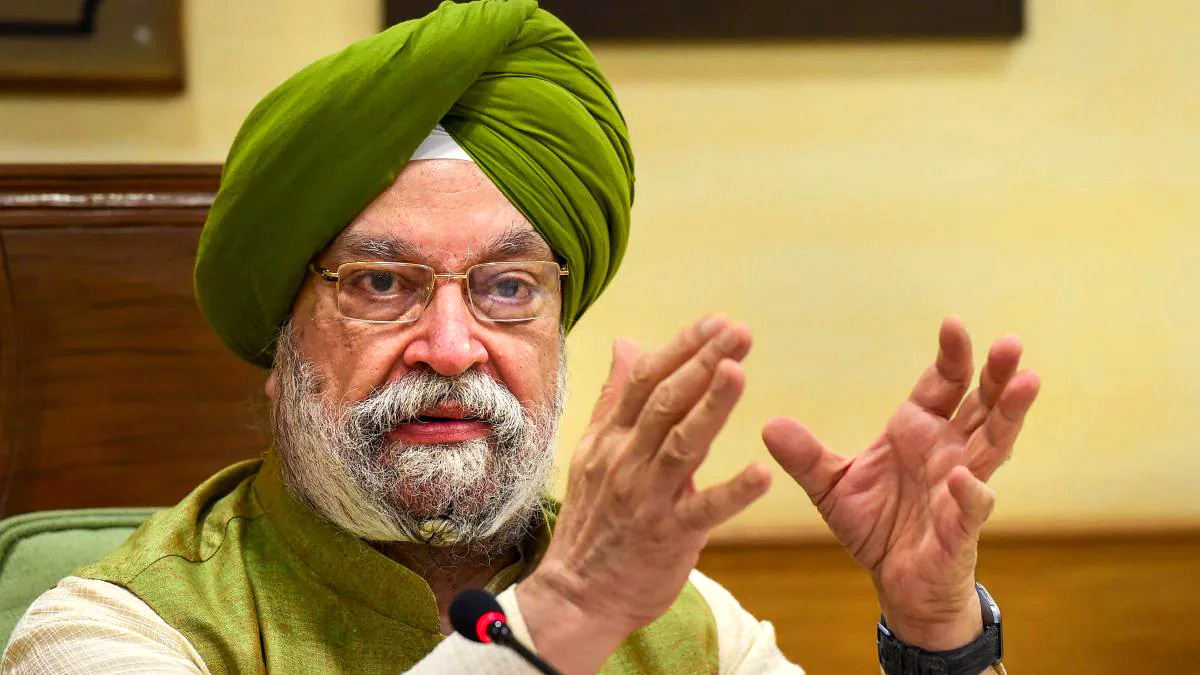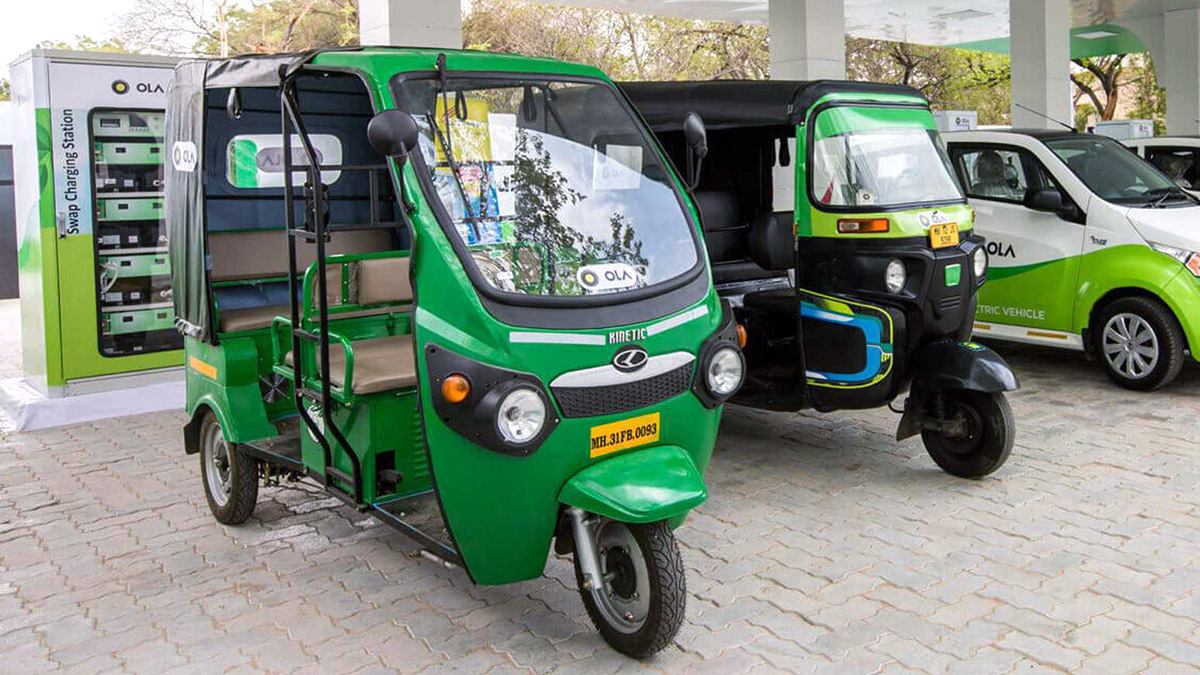In a move towards achieving India’s decarbonisation goals, the “Bharat Zero Emission Trucking (ZET) Policy Advisory” document was officially launched today at Vigyan Bhawan Annexe, New Delhi, by Prof. Ajay Kumar Sood, Principal Scientific Adviser (PSA) to the Government of India. The document outlines a comprehensive roadmap for the adoption of Zero Emission Trucks (ZET) in India, a critical component in the nation’s strategy to reduce carbon emissions and enhance energy security.
In his opening address, Prof. Sood highlighted the importance of ZETs in India’s broader decarbonisation efforts. “The induction and wider adoption of ZETs require technical expertise and systematic policy interventions to create an enabling techno-socio-economic ecosystem in India,” he stated, emphasising the need for a coordinated approach to ensure successful implementation.
Prof. Karthick Athmanathan, PSA Fellow and Professor of Practice at IIT Madras, set the context for the advisory document, while Ms. Patki provided a brief overview of its development, highlighting the approach and methodology behind the proposed policy interventions.
Key government officials, including Hanif Qureshi, Additional Secretary (Auto) at the Ministry of Heavy Industries, and Sudhendu Sinha, Adviser (Infrastructure Connectivity & E-Mobility) at NITI Aayog, also spoke at the event. They underscored the urgency of truck electrification and discussed the roadmap for transitioning to 100% ZET sales by 2050, a crucial step towards India’s ambitious Net Zero target by 2070.
The “Bharat ZET Policy Advisory” document is conceived as a dynamic, evolving guideline featuring 30 targeted policy interventions aimed at accelerating the adoption of ZETs across the country. These interventions are categorised into five key areas: incentives, regulations, infrastructure, business and financing, and stakeholder-centric initiatives. Each policy recommendation specifies the responsible nodal agency, identifies key stakeholders, assesses sectoral impacts, and outlines the methodology used in formulating the policy.
The advisory document will undergo further refinement through extensive stakeholder consultations, including detailed cost-benefit and impact analyses by relevant ministries, departments, and institutions.
Development of the Bharat ZET Policy Advisory was steered by a Policy Advisory Panel (PAP) constituted by the Office of the PSA. The PAP, chaired by Dr. Preeti Banzal, Adviser at the Office of PSA, and vice-chaired by Prof. Karthick Athmanathan, guided the drafting process, which was managed by a Project Management Unit established at the Centre of Excellence for Zero Emission Trucking (CoEZET) at IIT Madras.













